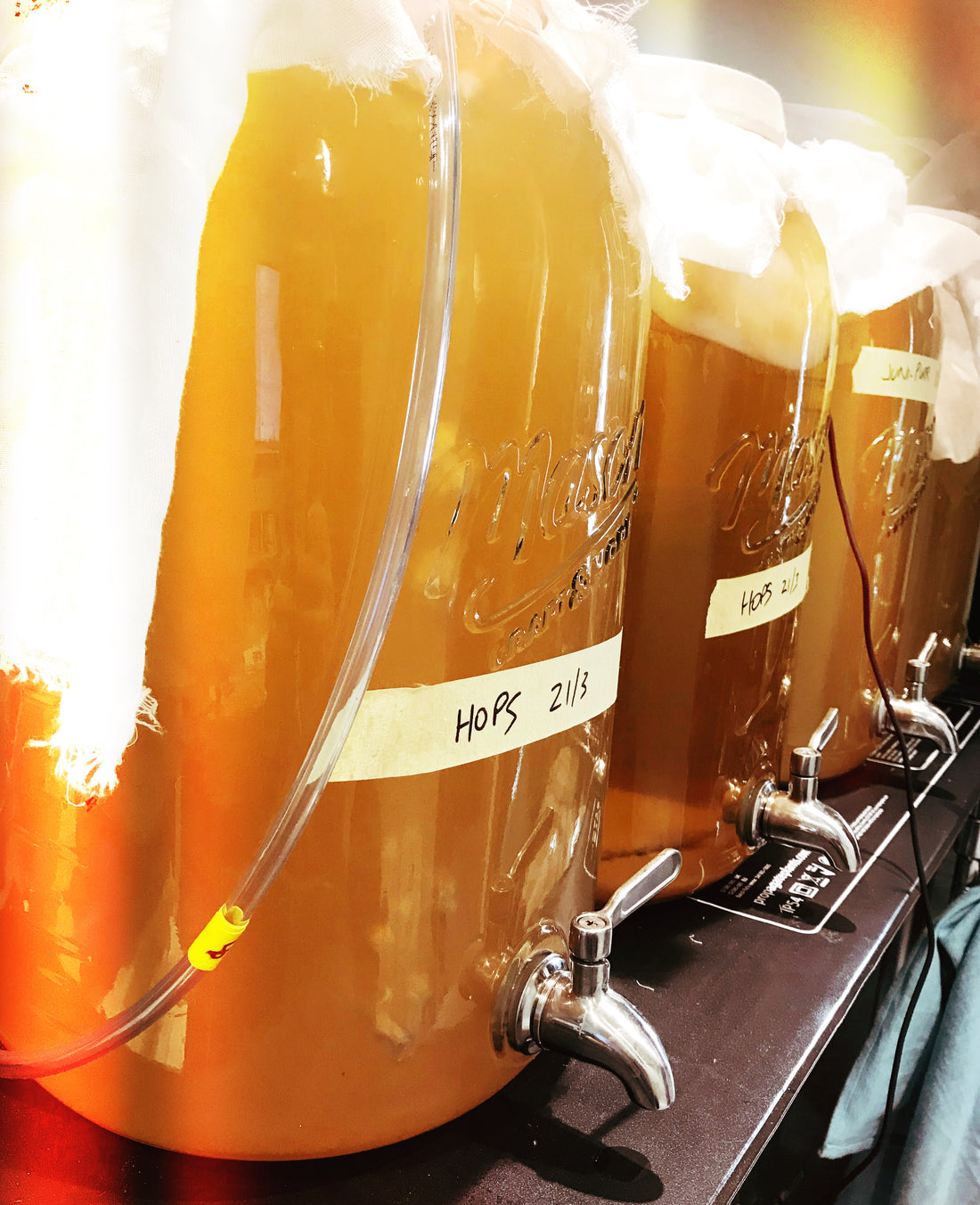
What is Kombucha and How it Differs from Jun-Kombucha in 2023
Kombucha and Jun are two types of fermented teas that have become pretty popular lately. They're often seen as a healthier alternative to sugary drinks, but what exactly are they and how are they different from each other?
Kombucha is made by fermenting black and/or green tea sweetened with processed sugar and a special mix of bacteria and yeast, known as a SCOBY (which stands for Symbiotic Colony of Bacteria and Yeast - some also say it stands for Symbiotic Culture of Bacteria and Yeast). The yeast in the SCOBY consumes the sugar in the tea and converts this to ethanol (alcohol), which the bacteria then consumes and converts it into acids to produce a tangy, slightly sour, and bubbly drink. Kombucha is a great way to switch up your drinks and it's thought to be good for your digestion, energy levels, and immune system.
Jun is similar to Kombucha but uses raw honey instead of processed sugar as the sweetener. It also uses a different type of SCOBY, made from a specific strain of bacteria and yeast that thrives on honey. This gives Jun a milder and sweeter taste.
In terms of taste, Kombucha has a slightly sour, vinegary taste, while Jun is milder and slightly sweeter, more like a light honey cider (not mead). The fermentation process takes around 7-14 days for both types, depending on temperature and humidity.
So, what are the key differences between Kombucha and Jun? Well, Jun uses raw honey instead of processed sugar, and a different SCOBY that feeds on honey. Kombucha has a more sour taste, while Jun is milder and sweeter.
Overall, both Kombucha and Jun are great options if you're looking for a refreshing and healthy drink. They have different flavours and brewing methods, but they're both tasty and good for you.
If you would like to learn more about the differences between Kombucha and Jun-Kombucha, we have written another blog post here that you can read.
